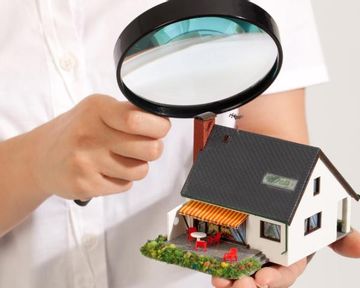5 Home selling myths debunked
For many first-time sellers, selling their homes can be a complicated process - sometimes made worse by all the well-intentioned advice from family and friends.
With all the information available to sellers it may be difficult to determine which information to take note of and which to ignore. As a result, several misconceptions regarding the home-selling process have become commonplace in today’s property market.
We take a look at a few truths and facts to expose the misconceptions and steer sellers in the right direction:
Misconception: You should wait for the right season to sell your home
Truth: While there is generally more buyer foot traffic during the warmer months, if the home is situated in a sought-after area, it will attract potential buyers during all seasons of the year. It is more important to understand the phases of the property market than to consider the season in which the home goes onto the market. Sell the home when you are ready.
Misconception: Online estimates for pricing a home are accurate
Truth: Although it is possible to get a rough estimate of a property’s value through an online portal, these estimates take only a few factors into consideration. Often other aspects can be overlooked, such as the potential growth of an area or the demand for property there. The best way to ensure an accurate evaluation of the property is to employ the services of a property practitioner who has a working knowledge of the area in which the home is situated. The real estate professional will be able to put the online estimate into perspective and determine the most competitive listing price for the home.
Misconception: Listing the home at a higher price will leave room for negotiating
Truth: In reality, all that a higher asking price will do is scare off prospective buyers. An elevated price could delay the sale of the home, leaving the property on the market for longer than it should be. A property that has been on the market for some time and has seen multiple price reductions will give buyers the wrong impression. They are likely to think that the home is not selling because it has some major defects. A correctly priced home will be attractive to buyers and will sell for the best possible price, within the best possible time frame.
Misconception: The interior is more important than the exterior
Truth: The first impression of a home is based on the exterior, so curb appeal is critical. If the buyer is already turned off by the exterior look of a home, they are unlikely to even make it to the front door. A good impression starts with a well-maintained exterior.
Misconception: You don’t need a real estate agent
Truth: There are certain things that are best left to the professionals. A home is the largest asset that most people will ever own, so why take the risk of going it alone when it comes to buying or selling a property? A property sales transaction is a complicated process and there is a lot at risk, such as the money you risk losing by listing at the wrong price, ineffective negotiations, the pitfalls of incomplete or inaccurate paperwork, and legal issues involved in a home sale.
Having the facts about selling will help you get the most out of your sale, and if you are ever in doubt a knowledgeable property practitioner can help guide you in the right direction.

